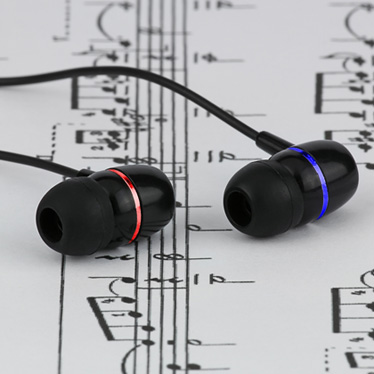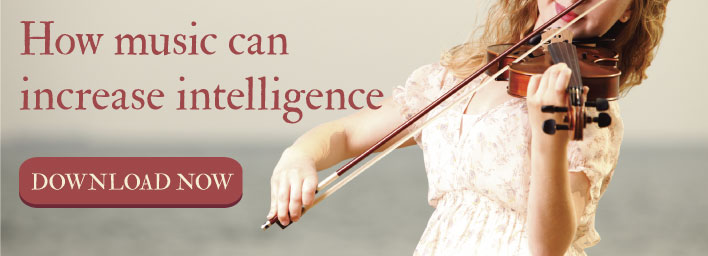20 of the Best Classical Period Compositions of All Time

We've put together a glorious Spotify playlist containing five hours of the best Classical Period music of all time. Let's be precise – the compositions on this list are from the Classical Period (roughly 1750 – 1820). Go HERE if you want to drown in the best works from the Romantic Period.
However, this Classical Period list is a wonderful collection of A Little Classical Night Music, which includes works from all 10 Classical Period Composers You Need to Know.
Works from the Early Classical Period
The list opens with two cello concertos by CPE Bach:
- Cello Concerto in B-flat Major
- Cello Concerto in A Minor
Christoph Willibald Gluck was famous for his operas. While we've not included an entire opera on this playlist, you will hear two pieces from Act 1 from Alceste, a work that exhibits many of the new Classical Era properties that diverged from Baroque operas:
- Interlude
- Aria sung by Maria Callas, a remastered recording of her famous performance of this opera at La Scala in 1954.
From Antonio Soler, we've added:
- Quintette No. 3 in G Major, for 2 violins, viola, cello, and piano or organ
Works from the Middle Classical Period
As father to both the symphony and the quartet, you'll hear two works from Franz Joseph Haydn:
- String Quartet in E Flat, Op. 33 No. 2 (The Joke), so nicknamed because the piece is filled with false endings to confuse the listener, which is less jarring than his Symphony No. 94 in G Major (The Surprise). Haydn uses a sudden fortissimo chord to wake up anyone in the audience who fell into a relaxing nap.
- Symphony No. 22 in E Flat Major (The Philosopher) got its nickname from the back-and-forth dialectic between the horns and English horns in the first movement.
It's time for more strings overload, this time from Luigi Boccherini:
- String Quintet in C Major, Op. 30 No. 6 (La Musica Notturna delle Strade di Madrid)
- String Quintet in E Major, Op. 11 No. 5
Like most nobility, Anna Amalia, had numerous titles. Whether you call her "Princess," "Duchess," or "composer," here's her:
- Divertimiento for Piano, Clarinette, Viola and Cello, in B-flat Major
Works from the late classical period
Antonio Salieri composed many great operas, so check them out. But we've included an interesting concerto by him instead:
- Triple Concerto for Violin, Cello and Oboe in D Major, No. 1
Of the well-known Classical Era composers, Muzio Clementi doesn't always get the same attention as other names. Here are two works from him:
- Symphony No. 3 in G Major, WoO 34 (Great National Symphony)
- Sonata for Piano and Violin, Op. 4 No. 4
Alright, here he is – the Classical Era's and classical music's most popularly known composer: Mozart
- Lacrimosa from Requiem in D Minor
- The overture from opera The Magic Flute
- Aria from The Magic Flute, "Der Hölle Rache", otherwise known as the Queen of the Night
- Violin Concerto No. 2 in D, K211
Chevalier de Saint-Georges composed many violin concertos, but here's one of his quartets:
- Quartet No. 4 in C Minor
Closing things off with Beethoven:
- String Quartet No. 3 in D Major, Op. 18 No. 3
- Symphony No. 3 in E-flat Major, Op. 55 (Eroica)
What works should we add to the playlist?
If you want to move on to the Romantic Era, check out our playlist here.


